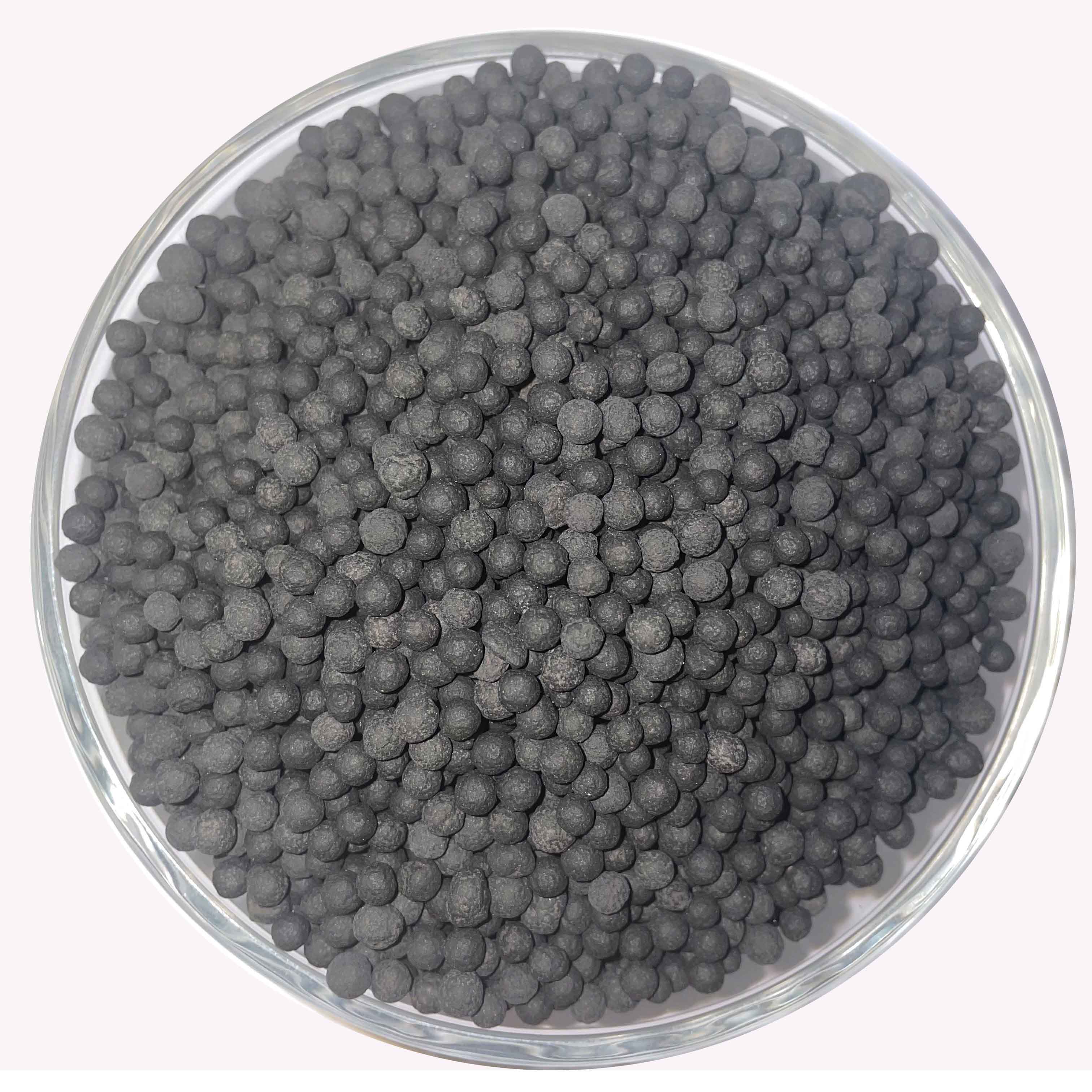
Dez . 31, 2024 20:44 Back to list
Benefits of Using High Nitrogen and Potassium Fertilizers for Optimal Plant Growth
The Importance of High Nitrogen and Potassium Fertilizers in Modern Agriculture
In the realm of modern agriculture, the quest for increased crop yield and improved plant health has led to the development and use of specialized fertilizers. Among these, high nitrogen and potassium fertilizers stand out as crucial components that significantly enhance agricultural productivity. This article delves into the benefits, applications, and considerations of using these fertilizers.
Understanding Nutrient Functions
Nitrogen (N) and potassium (K) are essential macronutrients that play fundamental roles in plant growth and development. Nitrogen is a key component of amino acids, which are the building blocks of proteins. Additionally, it is vital for the synthesis of chlorophyll, which facilitates photosynthesis, thereby affecting plant vitality and growth. High nitrogen fertilizers are specifically formulated to provide this essential nutrient in abundance, promoting vigorous vegetative growth and green foliage.
Potassium, on the other hand, is crucial for various physiological processes in plants. It regulates the opening and closing of stomata, thus controlling water retention and transpiration. This nutrient is also imperative for enzyme activation, photosynthesis efficiency, and overall stress resistance in plants. High potassium fertilizers help bolster these processes, contributing to stronger plants that are better equipped to withstand environmental challenges.
Benefits of High Nitrogen and Potassium Fertilizers
The integration of high nitrogen and potassium fertilizers into agricultural practices brings a plethora of advantages. Firstly, the most obvious benefit is the increase in crop yield. With the enhanced nutrient supply, plants can accelerate their growth rates, leading to more substantial harvests. This is particularly important in regions where food security is a pressing concern.
Secondly, these fertilizers can improve the overall quality of the crops. For instance, higher nitrogen levels can result in denser foliage, which not only enhances the aesthetic value of plants but also improves their productivity. Meanwhile, potassium contributes to the development of fruits and flowers, ensuring that they are not only abundant but also healthy and vibrant.
Moreover, high potassium fertilizers can enhance a plant's resilience to diseases and pests. By strengthening the plant's cellular structure and promoting stress tolerance, these fertilizers can reduce the need for chemical pesticides and fungicides, leading to more sustainable farming practices.
high nitrogen and potassium fertilizer

Applications in Agriculture
High nitrogen and potassium fertilizers are used in various agricultural settings, from large-scale commercial farms to smallholder operations. They are particularly beneficial for crops that demand high nutrient inputs, such as cereals, vegetables, and fruits. For instance, nitrogen-rich fertilizers are commonly applied to enhance the growth of leafy vegetables, while potassium fertilizers are crucial during the fruiting stage of crops like tomatoes and peppers.
The application methods can vary, including broadcasting, banding, or fertigation (the application of fertilizers through irrigation systems). The choice of method often depends on the crop type, soil conditions, and environmental factors, making it essential for farmers to tailor their fertilization strategies accordingly.
Considerations and Challenges
While the benefits of high nitrogen and potassium fertilizers are substantial, their use also comes with challenges. Over-application can lead to nutrient runoff, which poses a threat to water quality and can contribute to environmental issues such as algal blooms. Additionally, excessive nitrogen can lead to soil acidity and adversely affect soil health in the long run.
To mitigate these risks, it is crucial for farmers to adopt best management practices, including soil testing, responsible application rates, and integrated nutrient management. By ensuring that fertilizers are used efficiently and sustainably, farmers can reap the benefits while minimizing the potential negative impacts on the environment.
Conclusion
In conclusion, high nitrogen and potassium fertilizers play an indispensable role in enhancing agricultural productivity and ensuring food security. Their ability to promote healthy plant growth and improve crop quality makes them essential in modern farming practices. However, it is equally important to approach their use with caution and responsibility, ensuring that sustainable practices are in place. With the right strategies, farmers can harness the full potential of these fertilizers, contributing to a more productive and sustainable agricultural landscape.
-
Premium Amino Acid Fertilizer with Humic Acid & NPK Blends
NewsJul.21,2025
-
Premium 15-30-15 Granular Fertilizer for Balanced Growth
NewsJul.21,2025
-
Premium Granular Ammonium Sulphate: 21% N & 24% S Fertilizer
NewsJul.20,2025
-
Best 15-30-15 Granular Fertilizer for Boosting Flowering & Growth
NewsJul.20,2025
-
High-Quality NPK Fertilizer Raw Material Manufacturer & Supplier Trusted Factory Exporter
NewsJul.08,2025
-
Organic 20-20-20 Plant Fertilizer Supplier Premium Organic Fertilizer Manufacturer
NewsJul.08,2025
